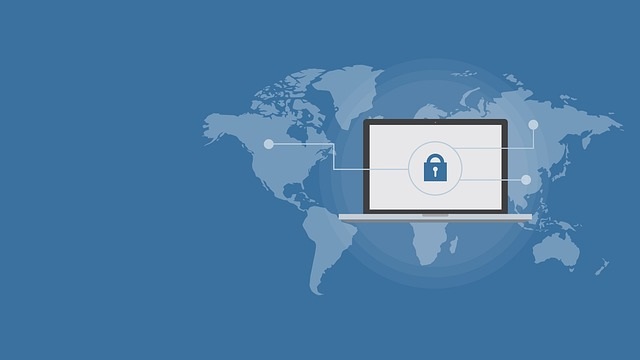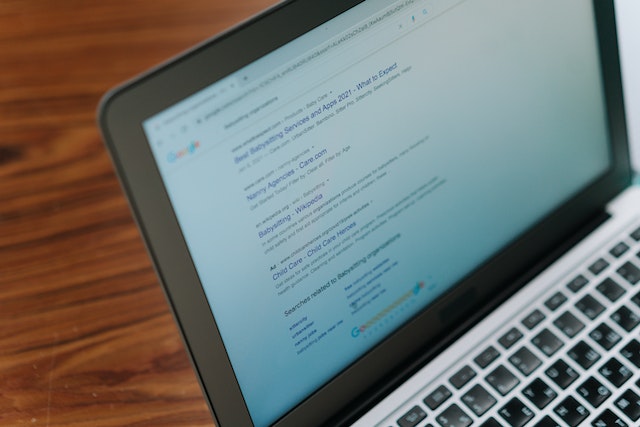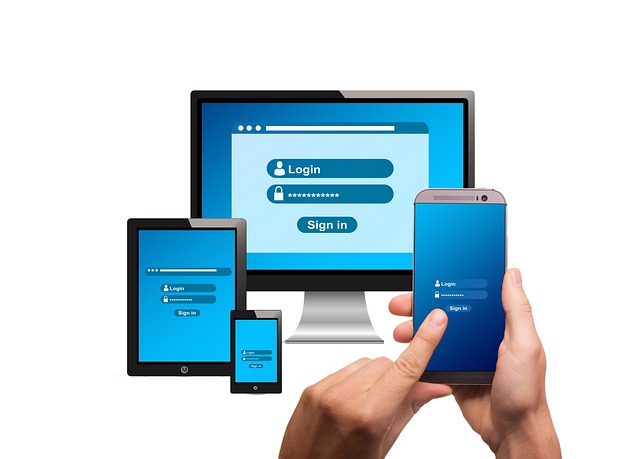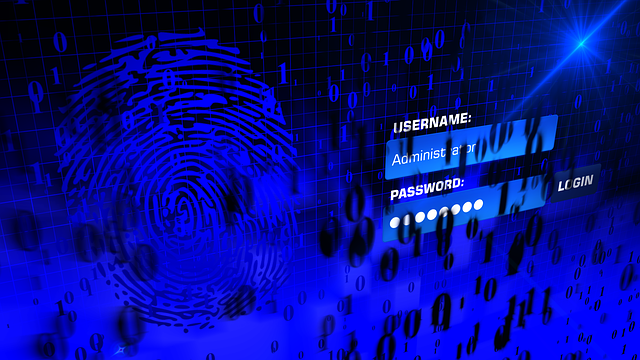Comfortable modern living is largely attributable to the proliferation of internet-connected smart gadgets. Everything has a flip side, and the modern digital world is no exception. Despite the many advantages of the Internet, keeping your information secure may be a major headache. As a result, cyber-attacks have become more common. In this article, we’ll go through some strategies for protecting yourself from various types of online threats
What is a cyber attack?
First, we’ll describe a cyber assault in detail before moving on to the many categories of cyber attacks. A cyber attack occurs whenever an outside entity gains access to a computer or network without permission. The perpetrator of a cyberattack is known as a hacker or an attacker.
There are a few ways in which cyberattacks hurt their victims. Data loss or manipulation can occur due to a breach caused by an assault. Organizations suffer financial losses, consumer trust suffers, and reputations suffer. Cybersecurity measures are put in place to prevent further intrusions. Cybersecurity is the process of preventing unwanted digital access to networks, computer systems, and their components.
Cybersecurity has also been impacted negatively by the COVID-19 incident. Interpol and the World Health Organization reported a dramatic surge in cyberattacks during the COVID-19 outbreak.
How Can You Prevent Cyber Attacks?
While we have looked at several methods for preventing various types of assaults, let’s review and examine a few general recommendations which you may apply to protect yourself from cyberattacks.
Frequently switching passwords and using complex alphanumeric passwords that are hard to guess are two ways to keep your accounts secure. Refrain from choosing excessively difficult passwords that you would be prone to forget. Avoid reusing the same password.
Regularly update your operating system and programs. If you want to avoid any kind of cyber assault, this is the first line of defense. This will eliminate weaknesses that hackers often exploit. Put your confidence in reputable anti-virus software.
Protect your network using a firewall and other security measures like intrusion detection and prevention, user authentication, application protection, etc.
Do not open attachments from people you do not know. Examine all incoming emails for major mistakes and lapses in logic.
Use a Virtual Private Network. In this way, all data sent between your device and the VPN server is encrypted.
Backup your files regularly. Many safety experts recommend keeping at least three backups of your data, preferably on two distinct kinds of media, with a third copy stored off-site (cloud storage). Therefore, you may delete the data on your machine and reload it from a recent backup even if you experience a cyber assault.
Employees should understand cybersecurity fundamentals. There are many different kinds of cyberattacks, and they need to know how to counter each one.
Use Two-Factor or Multi-Factor Authentication. Two-factor authentication necessitates the use of two separate authentication methods. When you request two additional authentication methods separate from your username and password, we designate it as multi-factor authentication. This is a crucial measure in keeping your account safe.
It would help if you protect your wireless networks and never connect to a public network without a virtual private network (VPN).
Keep your mobile secure since smartphones are becoming a prime target for cybercriminals. Keep your smartphone secure; always download applications from reputable sources and update your software.
Protect your computers and networks from hackers by following these guidelines.



